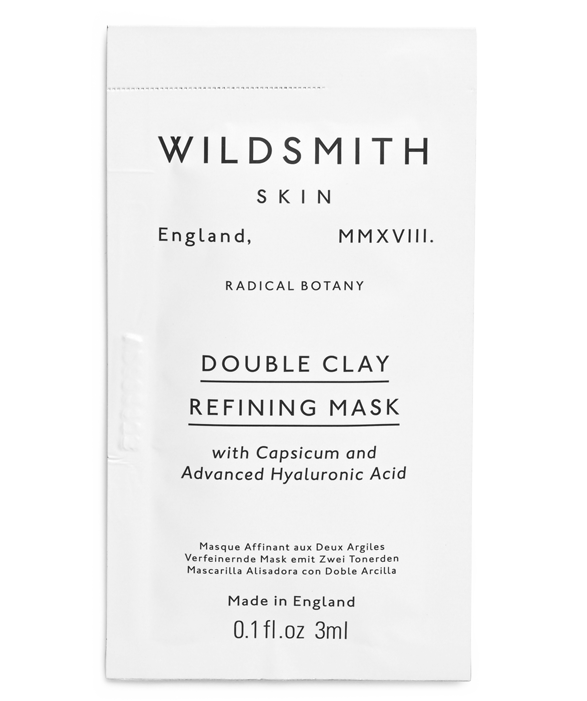How hairdresser Joshua Coombes’ desire to reach out and connect with people living on the streets launched a humanitarian movement with a pair of scissors and a hashtag. David Annand hears the story behind #DoSomethingForNothing
For the last few years Joshua Coombes has been flying all over the world cutting people’s hair and sharing the results on his hugely popular Instagram feed. Only the people having their hair cut aren’t celebrities and models, and the backdrops haven’t been upscale salons and fashion shows – the sitters have been homeless people and the settings have been the streets of some world’s toughest cities.
Coombes trained as a hairdresser in his mid-twenties, after a youth spent making music in a punk band, and had been working in salons for three or four years when he realised that he had to do “something that wasn’t just about me”.
Living in London he was confronted with the city’s shocking levels of homelessness on a daily basis, but like many others felt helpless at the enormity of the problem. The first haircut was a fairly spontaneous thing. “It came from a place of wanting to feel more connected than just giving someone a couple of quid. I had been talking to a few people, building a rapport and I had my things on me one day so I offered someone a haircut.”

The someone was John (not his real name), a heroin addict living on the streets, who at 28, was the same age as Coombes. John had had a difficult upbringing and had experienced a lot of pain, but as Coombes tells it he was an “amazing character. He could be as charismatic as he wanted to be. After the haircut, when I handed him the mirror, he had a whole different air about him and he was strutting his stuff.
“During the 45 minutes I spent with him I realised that it was something I wanted to do more of. I had been thinking a lot about what I should be doing, where I should be going, and this was my escape, too. It was a refreshing conversation. It was very real.”
And so, he started to go out every Sunday with his backpack to cut people’s hair. Over the coming months he started dedicating more and more time to it. “Then I started telling these stories on Instagram where I post photos of people before and after I’ve cut their hair.” The images proved to be a great way of drawing people into the stories of the people on the street and quickly word started to spread about what Coombes was doing. One day he got an email from the BBC and they made a short film following him around London which racked up an astonishing 30 million views in a couple of weeks.

“That really changed things,” he says with no little understatement. It brought him to the attention of NGOs and like-minded brands, such as Tom’s and Lush, who started to fly him all over the place. First to Dublin. Then to Athens where he cut the hair of refugee families and Greek people living on the street.
It wasn’t long before he had to quit his job. Not least because he was flying to Quito in Ecuador to teach underprivileged women the soft skill of hairdressing so that they might be able to earn some money for their families.
Meanwhile, his hashtag #DoSomethingForNothing was getting picked up by people outside of the world of hairdressing. One of the first people to join in was Jade Statt, who now runs an organisation called StreetVet. “We started going out on the streets together,” says Coombes, “and she’d look after the homeless people’s dogs while I was cutting their hair, giving them advice, referring them for surgery if needed.” And quickly it moved beyond homelessness. “There was a yoga teacher going into rehab centres to give free lessons, other people were going into old people’s homes and having lunch with people who didn’t have any family.”

It’s been going for two and a half years now and Coombes has cut hundreds of people’s hair but is very keen not to present #DoSomethingForNothing as something that only benefits the recipient. “The more I do it the more I realise that you don’t do anything unless you want to do it. I have found so much nourishment as a human being from what I’m doing. And that’s an equally important message. You’ve got to help someone who needs help, but the act of getting out of my comfort zone with a stranger has also done more for me than I could have imagined.
“It’s about flipping the idea of what volunteering can mean. When you do something you enjoy doing, it’s not about you giving up your time – it can be art or maths or accountancy – it’s about what you can bring to help someone else. A haircut is an amazing way to give somebody dignity and self-esteem and all those things, but it really acts as a vehicle to connect with someone, to have the kind of conversation that I wasn’t having before.”

Not that Coombes is under any illusions that a haircut can be a cure-all. “The next time I saw John the haircut had grown out and he was down on his luck again.” But that doesn’t mean the first encounter was a failure: John was keen to tell him about his life, keen to connect again. “The being there was the important bit, just listening was more important than anything I was doing.”
And sometimes his encounters do have profound and potentially lasting changes. “There was this guy in Brixton whose hair I cut, he had just got out of prison and we were talking about whether or not he was going to see his mum again. As I cut his hair, I could feel him picking up and a week later I got a call from him saying that straight after the haircut he had got on a train to his mum’s house where he still was, looking for a job.”
Was it the haircut? “The haircut wasn’t a big transformation. He didn’t have much to start with. It was about walking the walk, the human contact.”
To find out more about Joshua Coombes and the #dosomethingfornothing movement, follow @joshuacoombes and @dosomethingfornothing on Instagram.
Wildsmith Skin donates £500 to the charitable causes featured in The Wildsmith Papers.










